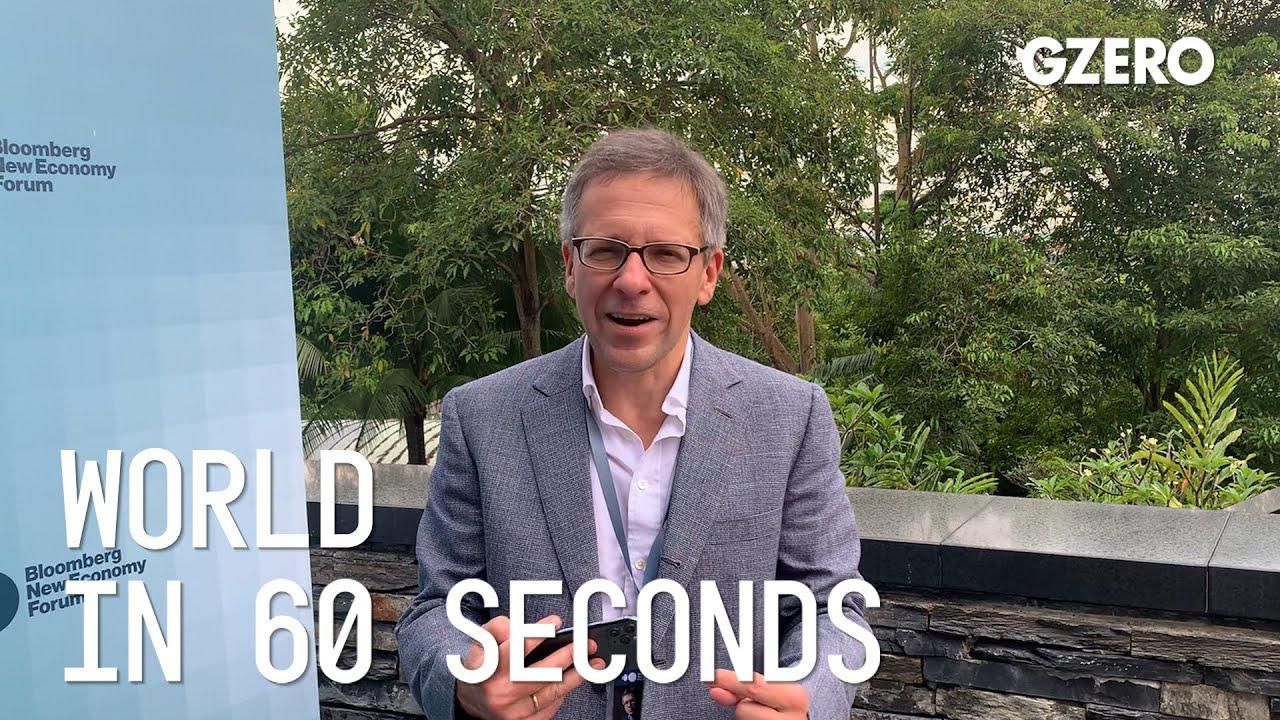
Ian Bremmer shares his insights on global politics this week with a look at his return to international travel, Joe Biden & Xi Jinping's virtual summit, and the Belarus-Poland border crisis.
How was your return to international travel?
Well, actually it was pretty straightforward. I mean, you think that you hear all these lockdowns and all these quarantines, but the fact is Singapore is incredibly efficient. The one thing that's kind of unusual is you have this app you have to put on your phone. You turn it on, you have to keep your phone on and they track you absolutely everywhere, which is pretty weird and kind of dystopian, but it works for closing down COVID. Aside from that though, no problems getting in here. No problem walking around.
Were there any breakthroughs at Biden & Xi's virtual summit?
They say there weren't any breakthroughs, but frankly, I would argue that in terms of the relationship itself, there really have been. Number one, you did get a willingness of the Americans and the Chinese to engage on climate and before they were saying no. Given that the two largest carbon emitters in the world, that's a big deal. Secondly, some agreements on how they're going to treat journalists and visas from both the countries, which had been really dysfunctional. Number three, there's going to be ongoing engagement on nuclear and security policy, high level conversations and dialogue. None of these things are like sudden big announcements that say that there is trust between two countries, but it is actually a change in trajectory in the relationship and very clearly not cold war.
What do you think of US Secretary of State Blinken suggesting that Belarus migrant crisis is an attempt to distract from Russia's increased troop presence near Ukraine?
It's plausible. Having said that, I think they can walk and chew gum at the same time, the Kremlin. And what I see is Lukashenko, President Lukashenko, is under a lot of economic pressure and he's more than happy to push, use his rogue status to make life unpleasant for the Poles, for the Lithuanians. But the Kremlin is clearly helping him. The bigger issue here I think is not the distraction on Ukraine. The bigger issue is that the Russians are sitting on a significant amount of cash because energy prices are higher, because Putin feels like he's got a lot of leverage over the Europeans on downstream energy given their problems. And as a consequence, he feels more emboldened to do all of the things that he would normally feel a little bit more cautious about. That includes Belarus. That includes Ukraine.